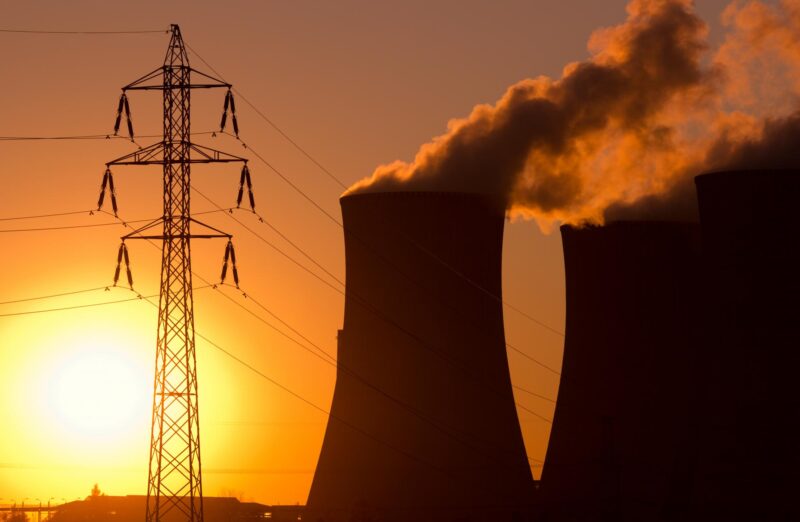Electric power plants in Europe will significantly reduce their gas usage this summer, reaching a 25% reduction according to forecasts from analysts at S&P Global Commodity Insights. This decrease follows a 31% reduction in the second quarter and marks the lowest gas consumption levels since 2001. This decline is largely due to increased solar and hydroelectric power generation, as well as a demand for electricity that is struggling to recover.
This trend is supported by low gas prices at the beginning of the quarter, which could further curb the use of combined cycle gas turbines (CCGT). An expert based in the UK noted that the rise in renewable energy, along with strong hydroelectric and nuclear production in France, are key factors.
However, Germany is following a different path. In the first half of 2024, gas-fired power generation there increased by 10% compared to the previous year, primarily due to the commissioning of new gas plants and the closure of coal and lignite plants. About 10 GW of coal capacity will be closed this year, while nearly 2 GW of new gas capacity is now operational.
In Italy, the demand for gas for electricity generation has also significantly decreased, with a 25% drop in the second quarter and a forecasted additional decline of 16% for the third quarter. Despite this trend, Italy remains the largest European market for gas-fired electricity generation, thanks to high electricity prices that maintain profitable production margins.
Recent developments include the commissioning of three new combined cycle gas turbine (CCGT) plants, each with 800 MW capacity. While Tavazzano is already operational, the commissioning of Ostiglia and Fusina has been postponed to 2025. Additionally, the attempt to convert the 1.7 GW coal plant in Brindisi to gas did not pass the environmental assessment.
The reduction in gas consumption for electricity generation this summer in Europe highlights a major transformation in the energy sector. While Germany and Italy show specific trends due to their particular energy contexts, the overall trend is a reduction in dependence on gas, paving the way for new challenges and opportunities for the European energy market.


